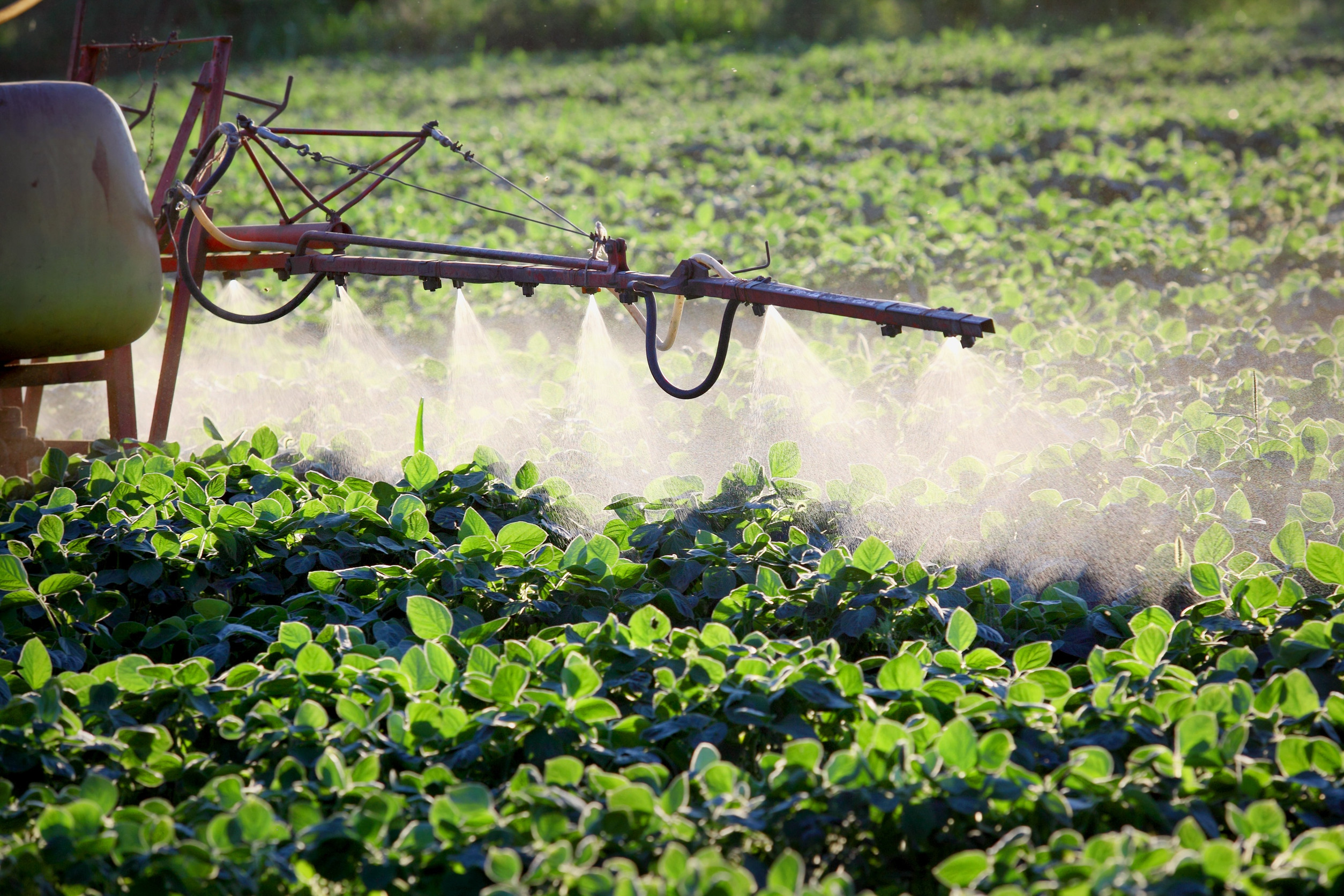
Syngenta and a UK artificial intelligence company are combining forces to use the 'full power of AI' for the development of new biostimulants.
The Swiss agrochemical giant, which develops biologicals products for farms, will use its knowledge of crop biology to complement TraitSeq’s proprietary AI methods.
The new partnership between the two companies will identify highly specific indicators of a plant’s cellular state, called biomarkers.
When activated, these biomarkers can indicate how well a plant is responding to efforts to boost its health or to block the effects of external, abiotic stressors.
Biostimulants are products applied to plants, seeds or the root that enhance plant processes, leading to an improved nutrient use efficiency, increased tolerance to abiotic stress or better crop quality.
They are a growing component of sustainable agriculture, yet their performance can vary depending on environmental factors such as temperature and local climate.
Using TraitSeq’s AI platform, scientists from both teams hope to leverage it to analyse complex biological big data, to uncover the intricate molecular interactions that impact a crop’s ability to utilise available nutrients in the soil.
Once specific biomarkers can be identified, scientists then hope to be able to quickly and accurately assess the efficacy of a new biostimulant in enhancing plant health.
The development of such biostimulants also fits in Syngenta’s efforts to support farmers transition to regenerative practices.
Camilla Corsi, head of crop protection research at Syngenta, said: “We are accelerating the pace at which we innovate, to deliver solutions farmers urgently need.
"Technologies such as TraitSeq’s AI-driven platform enable us to revolutionise our research, attain important data-driven insights, so that we can develop the next-generation of sustainable solutions faster.”
Dr. Joshua Colmer, CEO of TraitSeq, which is a spin out from the Earlham Institute and based in Norwich Research Park, said new biological solutions would support farmers in adopting more sustainable agricultural practices.
“Our versatile platform can transform agricultural input development by uncovering predictive biomarkers that directly link molecular insights to biostimulant performance," he said.
It comes after agri-machinery manufacturer Claas recently announced that it is carrying out what it calls 'pioneering work' in the field of artificial intelligence.
The German firm has joined forces with CertifAI to "address the technical and regulatory challenges" of using AI applications in agriculture.
